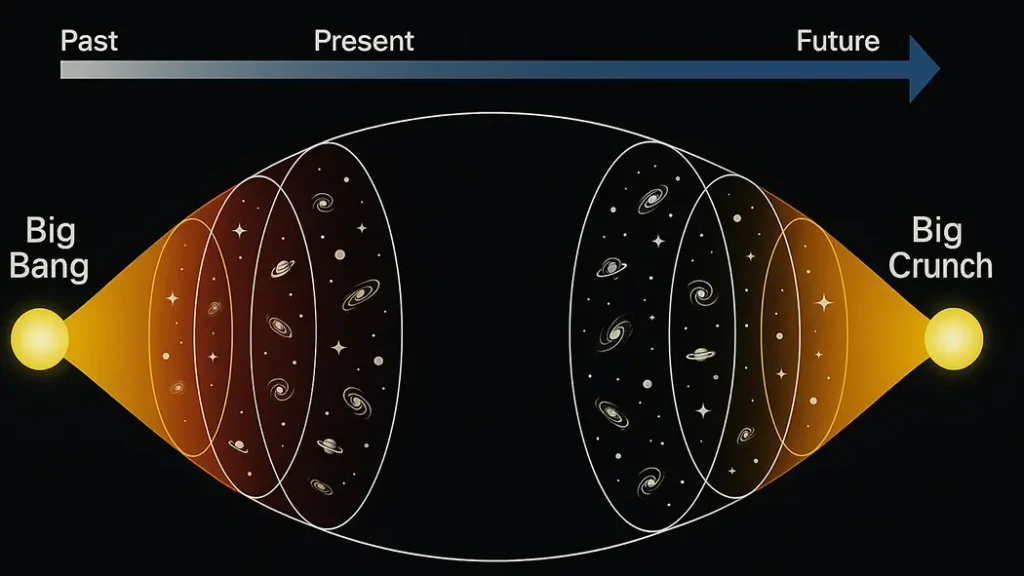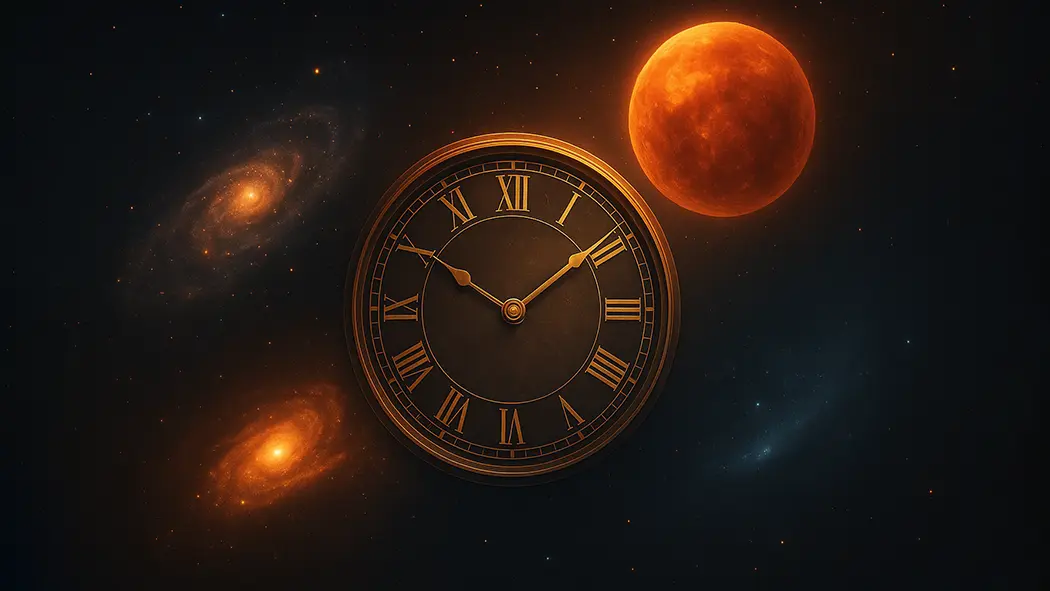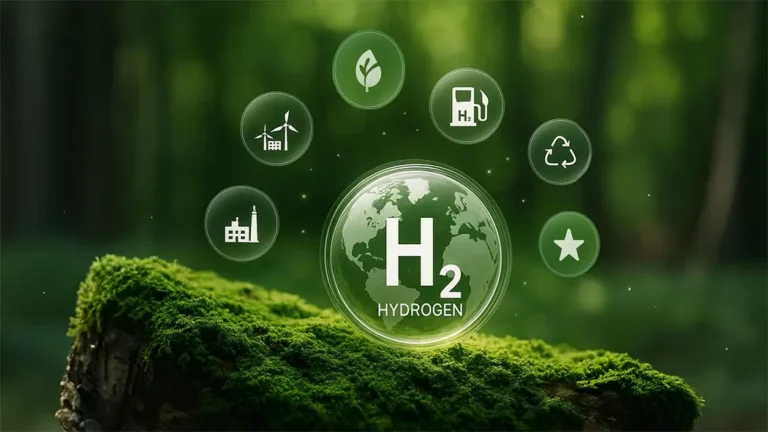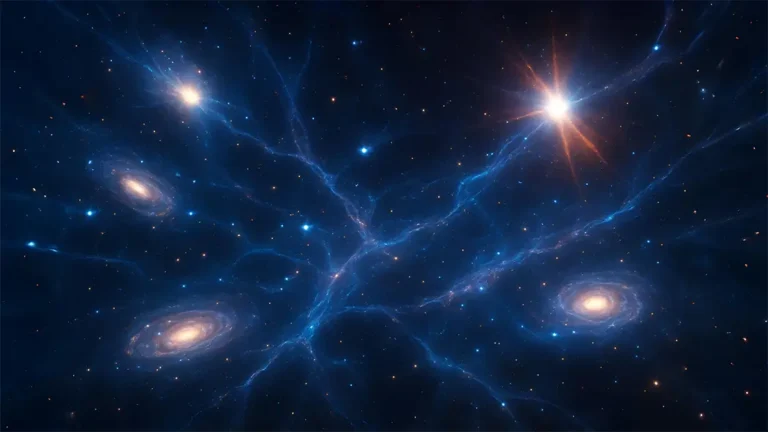The universe has always fascinated us. It is big, mysterious, and full of wonders. But everything that begins must also end. So, a big question is this—when will the universe end?
To answer this, we must look at how the universe works. Scientists have studied the skies for centuries. They use telescopes, math, and physics to understand space. Over time, they have found a few possible ways the universe could end. None of these will happen soon. But still, the end will come one day.
Let’s explore these ideas in simple words.
A Look at the Beginning: How the Universe Started
Before we talk about the end, we need to look at the beginning.
The universe began about 13.8 billion years ago. This event is called the Big Bang. It was not an explosion in space. Instead, it was the sudden start of space, time, and everything we see today.
After the Big Bang, the universe kept growing. At first, it was just energy and tiny particles. Later, stars and galaxies formed. The universe has been expanding ever since.
Now, here’s something important—the universe is still growing bigger. Every second, galaxies move farther apart. This expansion is the key to understanding how the universe might end.
How Will the Universe End?
Scientists do not know for sure how the universe will end. But based on what they observe, there are three main ideas. These are called:
- The Big Freeze
- The Big Rip
- The Big Crunch
Let’s look at each one in a simple way.
1. The Big Freeze (or Heat Death)
This is also called “Heat Death.” It is the most likely end, based on what we know today.
In this idea, the universe keeps expanding forever. Galaxies keep drifting apart. Stars burn out slowly. Over billions and trillions of years, stars will die. New ones will not be born.
The universe will grow darker and colder.
One day, only black holes will remain. After even longer, those black holes will vanish too. This happens because they lose energy over time in tiny bits, a process called Hawking radiation.
In the end, space will be cold, dark, and empty. Nothing will move. Nothing will change.
This might take googols of years. That is a number with 100 zeroes! It is hard to even imagine such a long time.
2. The Big Rip
This idea is more dramatic. It depends on something called dark energy.
Dark energy is a strange force. It pushes the universe to expand faster and faster. Scientists still do not fully understand it. But it makes up most of the universe.
Now, if dark energy gets stronger over time, strange things could happen.
The pull of dark energy might beat gravity one day. First, galaxies would drift apart faster. Then, stars and planets would be torn from their places.
Later, even atoms would come apart. Everything would be ripped into tiny bits.
The Big Rip could happen in tens of billions of years, or maybe not at all. It depends on how dark energy behaves. Right now, we don’t know enough to say for sure.
3. The Big Crunch
This is the opposite of the Big Bang.
In this idea, gravity wins. Instead of expanding forever, the universe slows down. One day, it stops growing. Then it starts to shrink.
Galaxies come closer. Stars crash into each other. Space gets smaller and hotter.
Everything is pulled into a single point again. It would be like a reverse Big Bang.

The Big Crunch could lead to a new Big Bang. Maybe another universe could begin from it. Some scientists like this idea because it sounds like a cycle. A universe is born, lives, dies, and is born again.
But the Big Crunch is now seen as less likely. Most evidence shows the universe is speeding up, not slowing down.
Which Universe Ending Is Most Likely?
Right now, the Big Freeze seems the most likely end of the universe. The universe is expanding faster. Galaxies are moving away. New stars are forming less often.
So, unless dark energy changes, the universe will keep stretching. It will grow colder and darker over time.
But science is always learning. If we find something new about dark energy, that could change the picture.
When Will the Universe End?
A big question is: when will any of this happen?
The truth is, none of these ends will come soon.
Here’s a timeline based on the Big Freeze idea:
- In 5 billion years, our Sun will die.
- In 100 trillion years, stars will stop forming.
- In a few quadrillion years, stars will go out.
- In a googol years, black holes will vanish.
- After that, the universe will be cold, dark, and nearly empty.
If the Big Rip or Big Crunch happens, the universe could end much sooner. But for now, scientists think these are less likely. So, the end of the universe is extremely far away.
Will There Be Life When the Universe Ends?
Probably not. Life as we know it needs energy. It needs stars and warm planets. As stars die, energy becomes rare.
Even if smart beings find ways to survive longer, they can’t beat the end forever.
In the very far future, the universe may be too cold and empty for life to go on.
This sounds sad. But it also makes life now feel special. We are lucky to live in a time when stars shine and galaxies glow.
Can We Stop the Universe from Ending?
No. We cannot stop the end of the universe. These are events far beyond our reach. They happen on scales too big and too slow for us to control.
Our best hope is to understand what is coming. That is what science tries to do.
Even if we cannot stop the end, we can still learn more about it.
Why Does This Matter?
You might wonder: Why should we care about “When will the universe end?” The end is so far away. It won’t affect us.
That is true. But thinking about the universe helps us see the bigger picture. It shows us how tiny and precious life is. It reminds us that time is vast and space is endless.
It also teaches us to ask deep questions. Where did we come from? What is our place in the universe? What is time? What is space?
These are not just science questions. They are human questions. They help us grow.
A Quiet Ending
So, when will the universe end?
Not today. Not tomorrow. Maybe not for trillions of years. But one day, it will. It might freeze, rip, or crunch.
The stars will go out. The galaxies will fade. And time will move on in the dark.
The universe will not end with a bang. It may end with a whisper. Quiet, cold, and calm.
In the end, the story of the universe is also our story. It began long ago. It is still being written. And even though we will not see the last page, we are lucky to be part of the tale.




